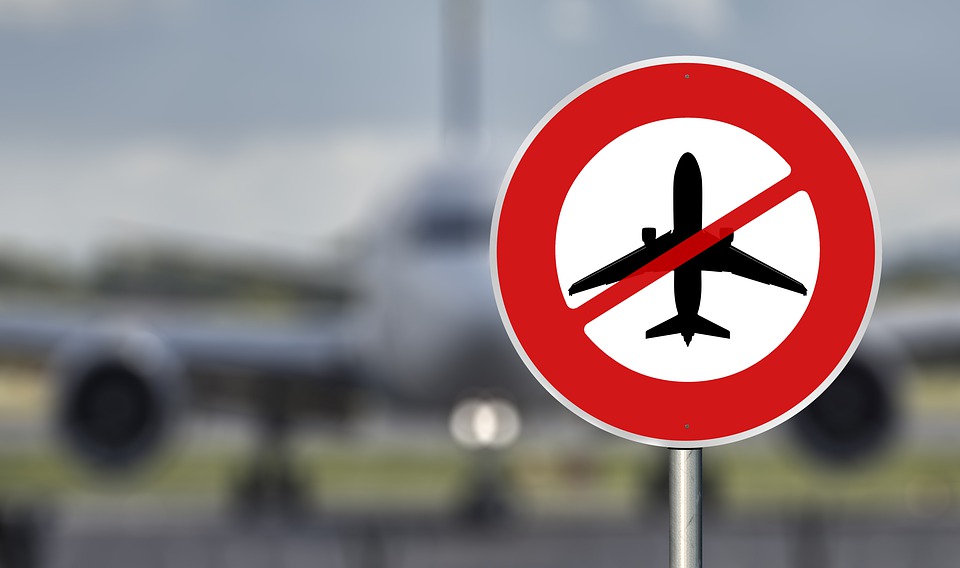The repercussions of racism and the coronavirus

The coronavirus was unprecedented, but so is the racism that has come along with it.
Before we even knew anything about the coronavirus, all of the drugstores in Kitchener-Waterloo were sold out of hand sanitizer. One month later, supposed discount retailers were marking up packages of non-certified surgical masks for triple the price.
While this was absurd to me, perhaps the most upsetting part is the oppression and racism that continues to be inflicted on certain groups of people.
Risk communication professor at Wilfrid Laurier University, Penelope Ironstone, says that we tend to attach the idea of a disease to particular people.
“In these instances, when a particular person is coughing, it is the idea that they might be contagious,” Ironstone said.
“You can project particular fears and threads onto that person, and by keeping separate you can sort of use this psychological idea that you can keep yourself immune from an illness.”
Although the coronavirus may be new to us, the racism around it is not. Ironstone said that “it happened around swine flu and it happened around SARS.”
The ideas that we’re making up in our heads affect our actions towards others. “It gets projected onto particular groups of people. The racism around this has been shot, it is as though we learned nothing from the SARS experience in 2002-2003,” Ironstone said.
It doesn’t help that there is a major flaw in the communication around public health right now that is helping build these fears and anxieties instead of calming people down.
“The biggest epidemic is the hysterical epidemic, and that’s changing lived experiences for people who have no relationship to Wuhan at all,” Ironstone said.
The hysteria isn’t the biggest epidemic; it’s massive. It’s the reason why surgical masks are being marked up, why hand sanitizer is backordered on Amazon, and why I’ve seen my peers walking to class in hazmat suits.
It’s also the reason why my Chinese peers (and people who others assume are Chinese) feel isolated from society now more than ever.
It is 2020, a year of apparent tragedy, and we are bullying people into isolation just as we did through SARS 17 years ago.
This leads me to wonder if it is the discourse around the virus that’s causing these fears within people, rather than the actual virus itself.
“If we stopped referring to coronavirus as such and started referring to it as ‘viral pneumonia’, would we talk about it the same way?” Ironstone said.
To me, the answer is no. If we started talking about the coronavirus as the strand of pneumonia that it is, we take the foreignness away from it and it becomes a familiarity.
Maybe then we wouldn’t associate certain groups of people to being infected and contagious and subject them to oppression.
Most importantly, we need to understand the masks. “The masks are symbolic themselves,” Ironstone said.
“There are people who wear masks to try and calm other people down, but the problem is that others are projecting ideas onto that saying they must be sick.”
As Canadians, we pride ourselves in multiculturalism and diversity.
Why is it, then, that we are treating our classmates and neighbours differently now that this outbreak has occurred oceans away? Where is the support for those struggling in Wuhan?
If you want to stay protected, the most effective thing you can do is wash your hands often with soap and water. The least effective thing you can do is drive your peers out of class for coughing into their sleeve.


